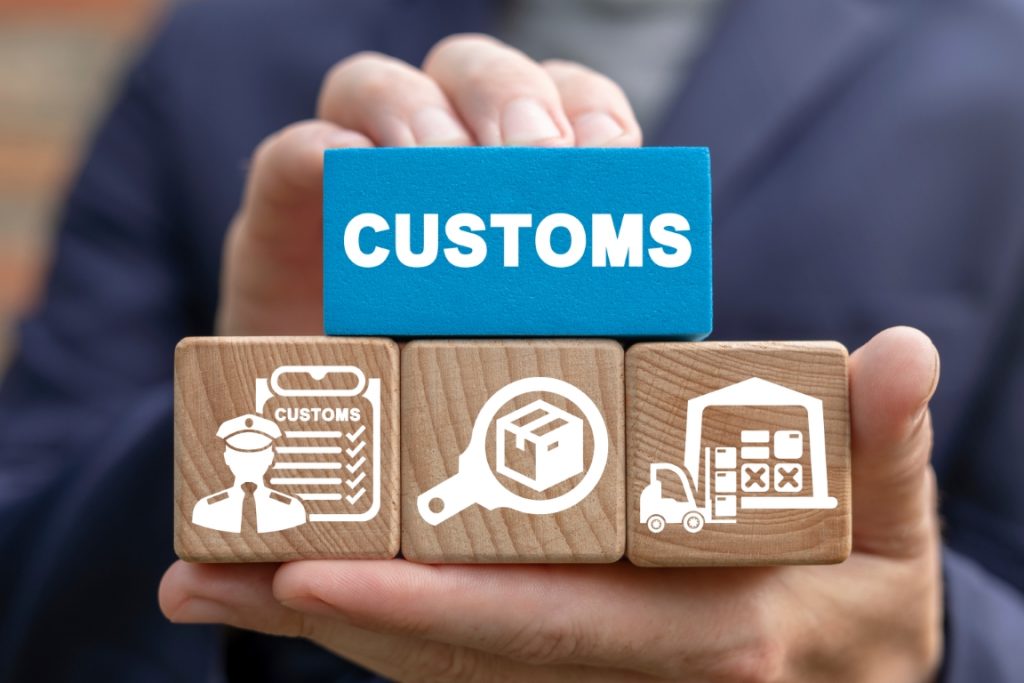In an ever-evolving global market, staying abreast of the latest customs regulations updates is crucial for export-import businesses. Recently, customs authorities have introduced significant changes aimed at streamlining customs processes, ensuring product quality, and supporting domestic industries. This article explores these updates in detail and their impact on businesses.
Adjustments in Export-Import Tariffs
Recent announcements have introduced critical adjustments to the export-import tariff schedule. These changes are designed to bolster local industry growth and enhance the competitiveness of domestic products. Businesses need to review the updated tariff rates to ensure compliance and optimize cost structures. For instance, new tariffs on certain raw materials may be reduced, making them cheaper to import, while tariffs on finished goods might increase to encourage local manufacturing.
For businesses, this means staying abreast of these tariff changes. It is crucial to conduct thorough reviews of product classifications and corresponding tariff rates. Consulting with customs brokers or tariff specialists can help businesses fully understand the implications for their imports and exports.
Intensified Product Quality Inspections
To safeguard consumers, new regulations have heightened the quality inspections of imported goods. This includes stricter standards for product safety and quality assurance. Companies must ensure their products meet these new standards to avoid delays or rejections at customs. Pre-shipment inspections and obtaining relevant certifications are advisable to demonstrate compliance with these updated requirements.
This change highlights the importance of stringent quality control processes within exporting companies. Regular audits and updates to quality management systems can help businesses maintain compliance. Additionally, investing in high-quality packaging and labeling that meet international standards can prevent potential issues during customs inspections.
Enhanced Electronic Customs Procedures
To streamline customs procedures and reduce processing times, the electronic customs system has been upgraded. The new system offers expanded functionalities, including electronic document submission, real-time tracking, and automated risk assessment. Businesses should familiarize themselves with the updated system to ensure efficient and timely customs clearance. Training staff on the new procedures can also help prevent errors and expedite the process.
The transition to digital processes necessitates that businesses enhance their IT infrastructure and ensure staff is adequately trained. Implementing robust data management systems can efficiently handle the increased volume of electronic transactions. Staying informed about cybersecurity best practices is also crucial to protect sensitive information submitted through these systems.
New Regulations on Agricultural Exports
New regulations concerning the export of agricultural products include stricter phytosanitary measures and enhanced requirements for certificates of origin. Agricultural exporters must ensure their products are free from pests and diseases and comply with the destination country’s standards. Proper documentation and adherence to these regulations are vital to avoid shipment rejections and delays.
Agricultural businesses should build strong relationships with local agricultural inspectors and certification bodies to facilitate compliance with phytosanitary regulations. Investing in technologies like cold chain logistics can help maintain the quality and safety of agricultural products during transit.
Tighter Border Checkpoint Controls
Customs authorities have increased control measures at border checkpoints to combat smuggling and commercial fraud. Enhanced inspections and monitoring systems are now in place. Businesses engaged in cross-border trade must strictly adhere to the new regulations and cooperate fully with customs officers. This includes accurate declaration of goods and proper documentation to ensure smooth border crossings.
For companies, this means meticulous documentation and transparency in shipping processes. Implementing internal compliance programs can help ensure all shipments are accurately declared and comply with relevant regulations. Using tracking technologies can provide real-time updates and help manage cross-border logistics more efficiently.
Support for Small and Medium Enterprises (SMEs)
Recognizing the importance of SMEs in the economy, new policies offer various incentives to these businesses. These incentives include tax reductions and simplified customs procedures to support their growth and international competitiveness. SMEs should explore these incentives to benefit from reduced operational costs and streamlined processes, enhancing their market presence.
SMEs should actively seek information on available incentives and engage with government support programs. This might involve participating in workshops, webinars, and consulting services offered by trade associations and government agencies. Leveraging these resources can provide SMEs with the necessary tools and knowledge to navigate the complexities of international trade.
Training and Guidance on New Regulations
To help businesses navigate these changes, customs authorities have organized numerous training sessions and provided detailed guidelines. Companies are encouraged to participate in these programs to stay informed about the latest regulatory requirements and best practices. These sessions often cover practical aspects of compliance, helping businesses adapt their operations accordingly.
Continuous education and training programs are essential for maintaining compliance with evolving customs regulations. Companies should encourage their employees to attend these sessions and stay updated on best practices. Subscribing to industry newsletters and joining trade associations can provide ongoing updates and insights into regulatory changes.
Staying compliant with the latest customs regulations is essential for the smooth operation of export-import businesses. These updates reflect broader efforts to improve trade efficiency, protect consumer interests, and support domestic industries. By understanding and adapting to these changes, businesses can ensure compliance and leverage new opportunities for growth.
For further assistance or consultancy regarding the latest customs regulations, please contact us. Our team is dedicated to helping you navigate the complexities of international trade and achieve your business goals with confidence.
The recent changes in customs regulations underscore the importance of vigilance and adaptability in the dynamic world of international trade. By staying informed and proactive, businesses can mitigate risks, seize new opportunities, and maintain a competitive edge in the global marketplace.

 简体中文
简体中文 English
English Tiếng Việt
Tiếng Việt العربية
العربية Español
Español